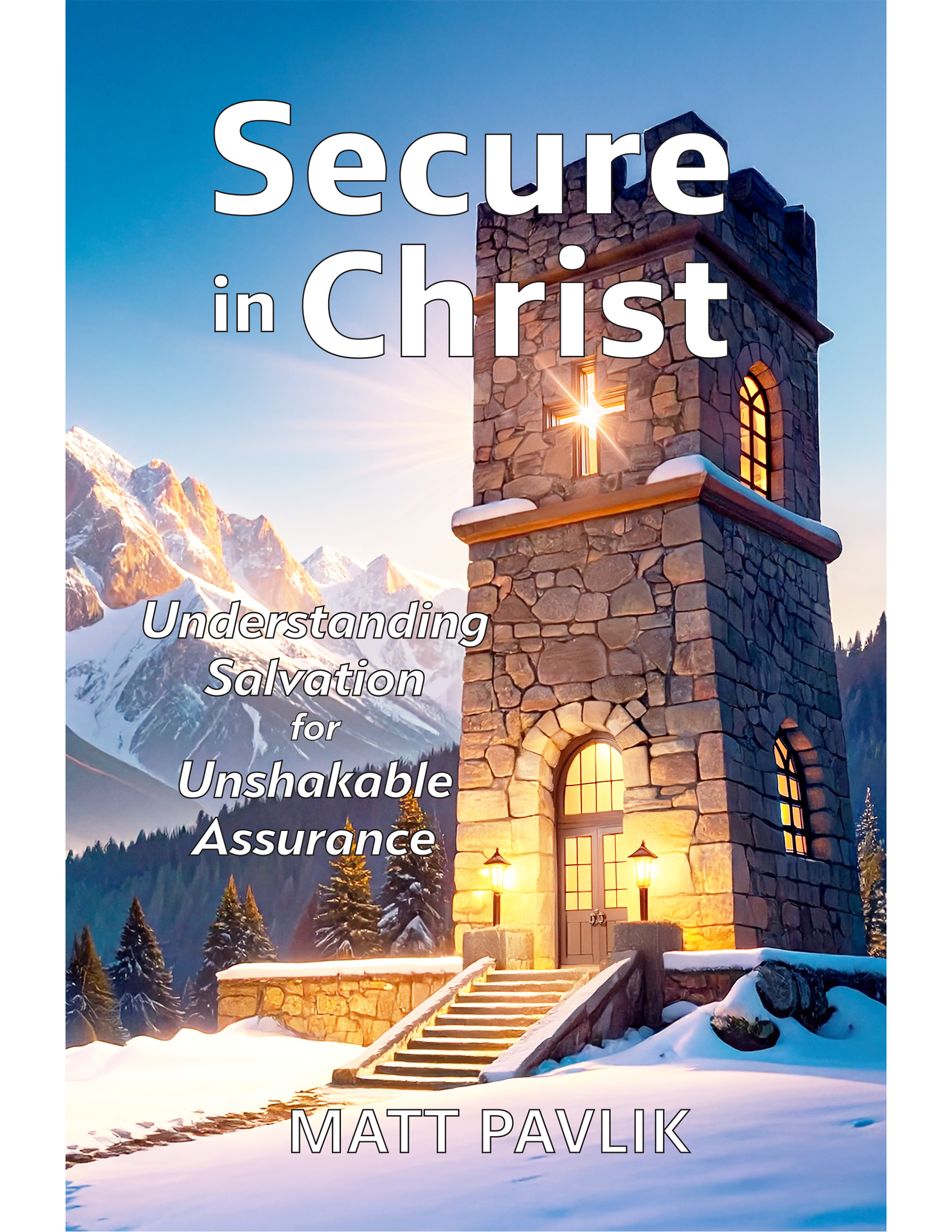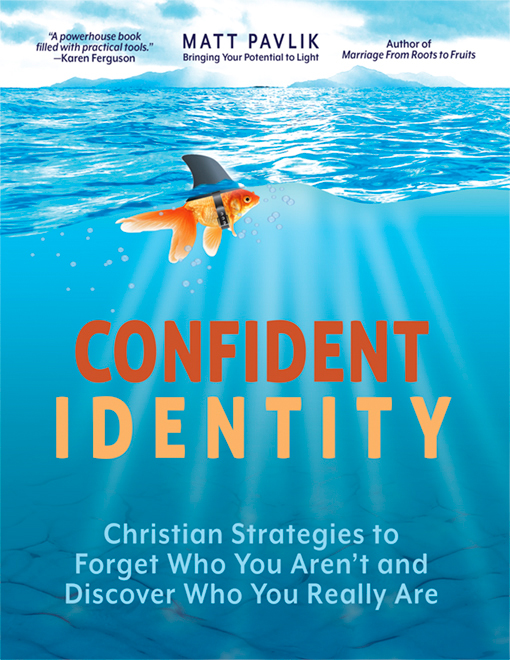Knowing Jesus is different that knowledge about Jesus. If you want to know the truth, you first must ensure your source is reliable. The Bible is the truth, but only the Holy Spirit can correctly interpret it for you. Any other source has the possibility of being tainted.
If you want to know the truth intimately, you must also go to the Holy Spirit (the Spirit of Christ). He is the only one who can provide an accurate experience of God. You need the Spirit’s power to know God.
All knowledge comes from an experience of something. In Ephesians, Paul makes a distinction between knowing Christ’s love (primary knowing) and knowing facts about His love (secondary knowing). The primary is far superior to the secondary.
For this reason I bow my knees before the Father, from whom every family in heaven and on earth is named, that according to the riches of his glory he may grant you to be strengthened with power through his Spirit in your inner being, so that Christ may dwell in your hearts through faith—that you, being rooted and grounded in love, may have strength to comprehend with all the saints what is the breadth and length and height and depth, and to know the love of Christ that surpasses knowledge, that you may be filled with all the fullness of God.
Ephesian 3:14-19 ESV
Primary Knowing is Relational
To really know someone you need a direct and intimate experience of them. This is also called heart knowledge. Strong’s concordance defines the word know (#1097 ginóskó) as to come to know, recognize, perceive especially through personal experience (first-hand acquaintance). Because it’s focused on personal experience, it can mean knowing someone intimately, even sexually.
Secondary Knowing is Factual
To know about someone you only need someone to pass along their knowledge to you. This is also called head knowledge. Strong’s concordance defines the word knowledge (#1108 gnósis) as a functional (“working”) knowledge gleaned from first-hand (personal) experience. It’s a derivative knowledge–being only as accurate (reliable) as the relationship it derives from. Therefore, you can think you know the truth about something, but what you know can be incorrect if the person (or experience) is unreliable.
You can also know a fact but not have an experiential belief that it is true. This is how the devil can know that Jesus is God, but not have a saving faith (James 2:19).
Secondary Lies Are Factual
All lies are wrong, but some lies are worse than others. Some people lie to protect themselves. They use words that hide the truth. They hide facts about who they are or what they’ve done. While this blocks intimacy and erodes the relationship, it doesn’t necessarily harm you.
Primary Lies Are Relational
When someone lies to you, about you, and you believe them, you are deceived in the worst way possible. You end up believing something false about yourself. So, as you can imagine, this significantly damages your self-image and self-worth. It also hurts your relationship with God because you trust another’s opinion of you more than God’s opinion (I write more about this in my book To Identity and Beyond).
Can you see how easily any of us can become confused? Much of our lives are based on misleading experiences. We believe the experiences which propagate lies because we generally trust the people in our lives.
To be healthy emotionally, you need to identify the lies you believe and work to correct them. As a Christian counselor, this is my main objective. I want my clients to have life-transforming experiences.
To completely eradicate a lie, you need to know the truth at all levels. Factual truth is important. It allows you to speak, teach, and testify about the truth. But your communications will be mostly hollow until you gain the intimate, experiential truth. The truth must come to you direct from the source. Jesus is the truth (John 14:6). When you know the truth this way, you will be truly free (John 8:32).
Learn more about how to eradicate lies with life-transforming experiences.
Image by John Hain from Pixabay
Matt Pavlik is a professional counselor, author, and devoted follower of Christ. With decades of experience in Christian counseling, he writes with theological depth and everyday clarity. His resources—centered on salvation, identity, marriage, and emotional healing—are anchored in Scripture and guide believers to discover the freedom of their identity in Christ and the security of their salvation in Him. He and his wife Georgette, married since 1999, live in Centerville, Ohio, and have four adult children.




[…] Learn more about freedom as you experience positive change.Image by Jeff Jacobs from Pixabay […]